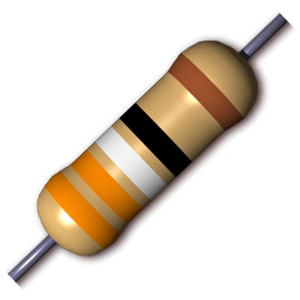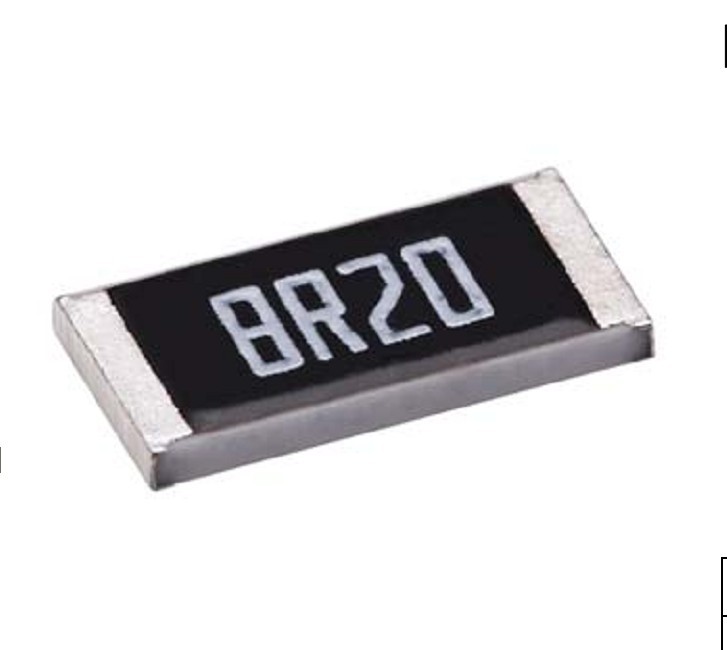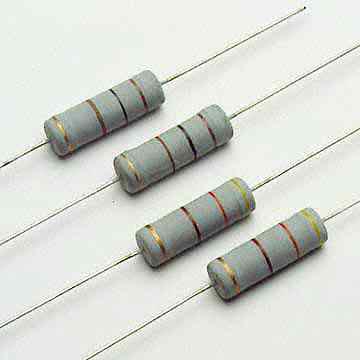Difference Between Thin Film and Thick Film Resistors

As the name implies, there is significant difference between thin and thick film resistors but most fail to recognise one from the other. Resistors are an essential part of the electronic circuit boards as they control the flow of current throughout the circuit. Like many other things, thin and thick film resistors depict the quality and performance of different types of resistors.
Both of these differ greatly in terms of quality, capacity, temperature coefficient, price and production process. For instance, thin film resistors are of much lower quality as compared to thick film resistors. As resistance measures the difference between voltage from one point to another, the tolerance of thin film resistor is considerably lower than the thick film.
Subsequently, the temperature coefficient of thick film resistor is considerably higher than that of thin film and this makes them heat tolerant. Not to mention, there is a significant difference between the capacity of thick film resistors as they rank much higher as compared to the thin film variety. Then, there comes a reasonable difference among the prices of both products. The production process of Thin film resistors is less expensive and so is their price whereas the thick film resistors are quite expensive.
Thin film resistors are manufactured by popping resistive substance on the ceramic. They are made from nickel chromium, bismuth ruthnate, tantalum nitride, lead oxide and ruthenium oxide as the product is then trimmed through the use of a laser. In contrast, thick film resistors use the same materials but the production process is different. Here, the compounds are mixed with carrier liquid and powdered glass as this mixture is then placed on the ceramics. In order to improve the quality of the thick film resistors, these are then heated at 850 degrees Celsius to make it strong.
Instructions
-
1
Thin Film resistors:
Thin film resistors are cheap products that offer little resistance from one point to another in a circuit board. They are easier to manufacture and the capacity offered by these is limited. Not to mention they have less heat tolerance and requires little production cost.
- Image courtesy: top-resistor.com

-
2
Thick Film resistors:
The production process of thick film resistors is complicated and expensive but these offer ultimate experience and quality to the customer. The capacity level and temperature coefficient in thick film resistors is commendable. Undoubtedly, the tolerance level of thick film resistors is also remarkable.
- Image courtesy: queenmao.com.tw








